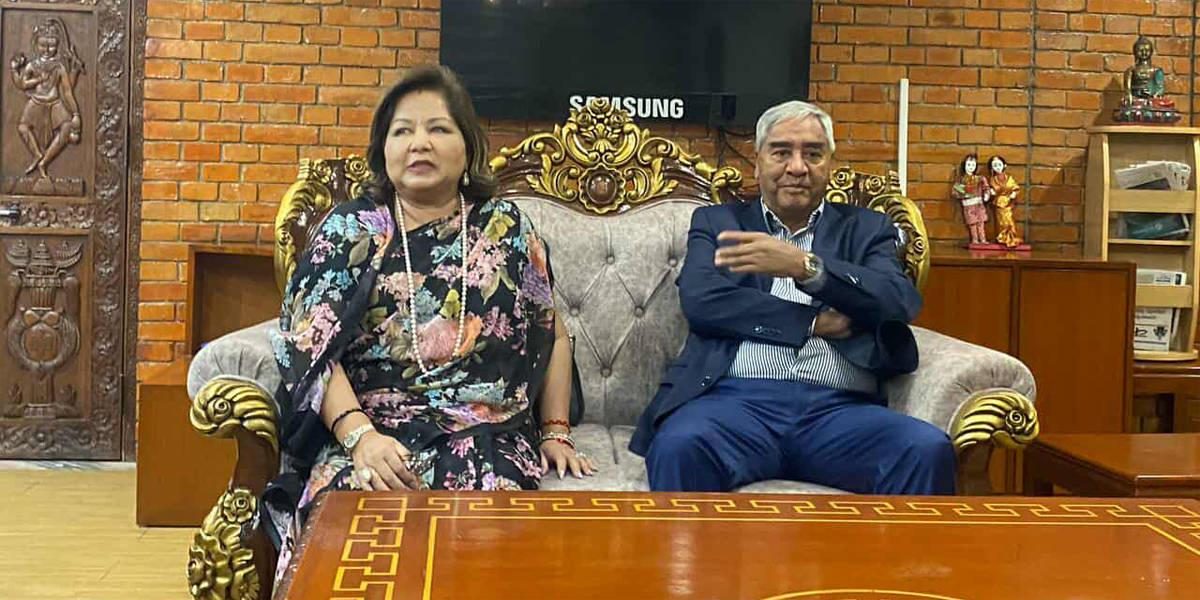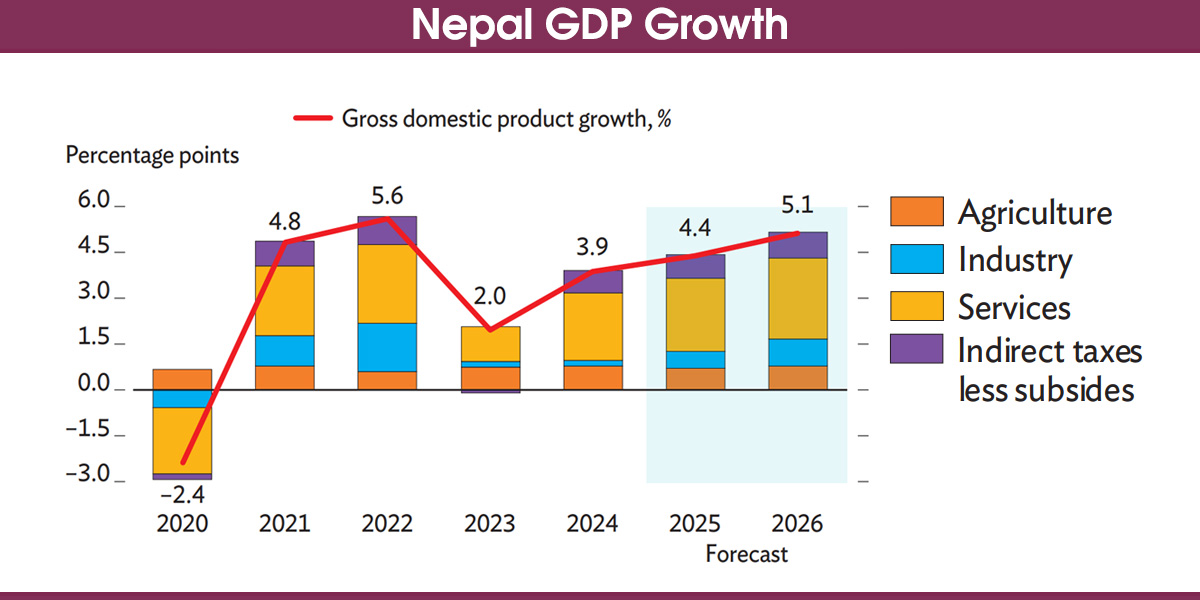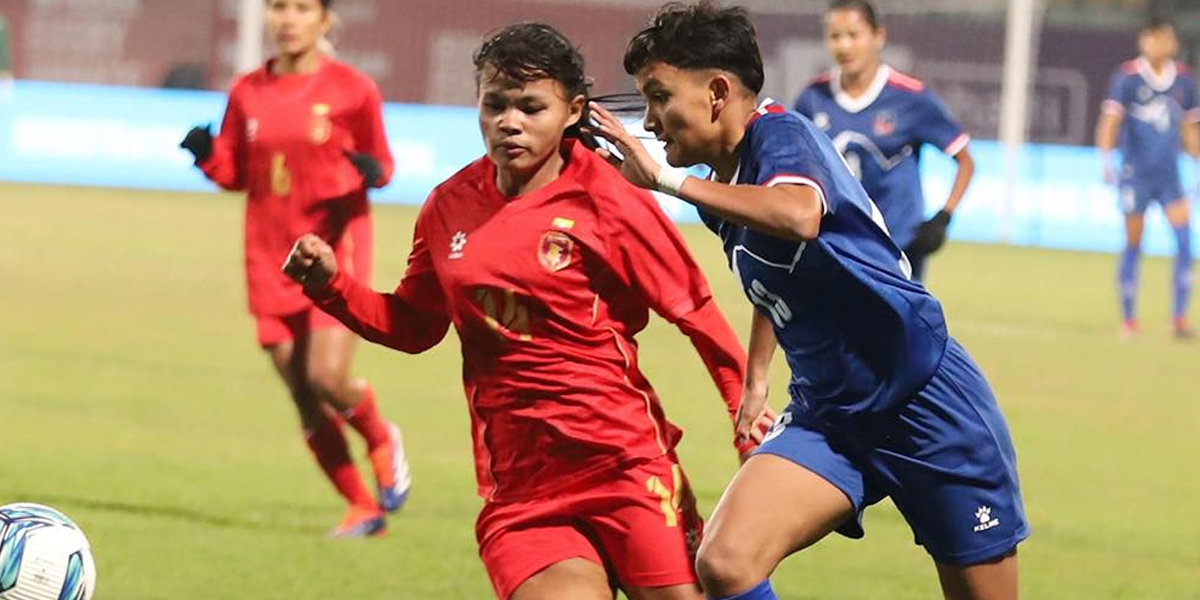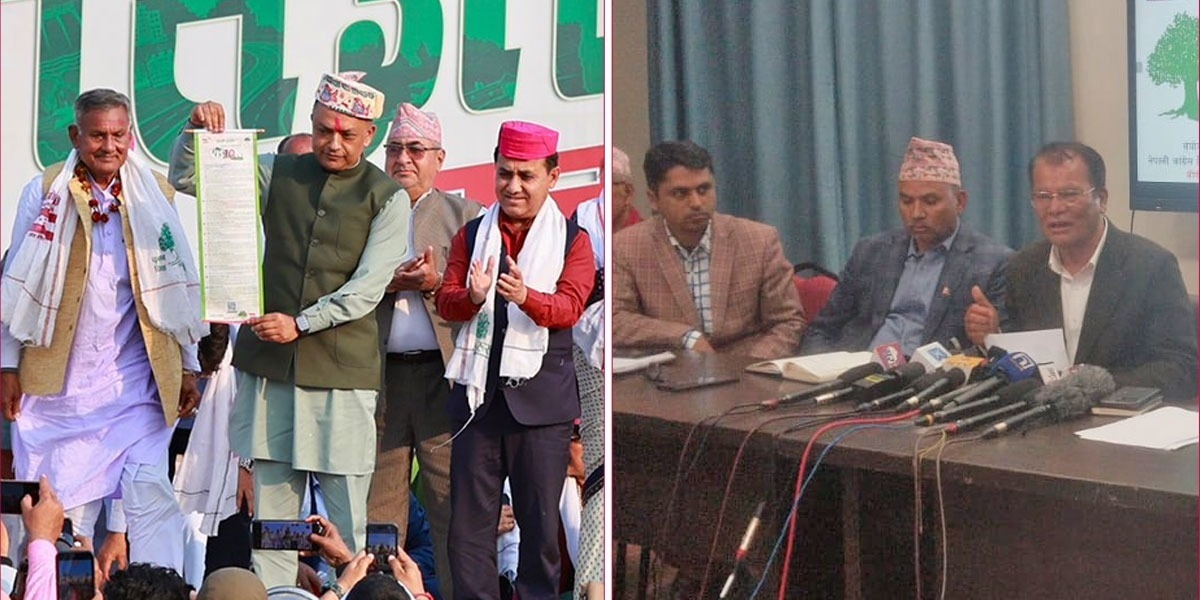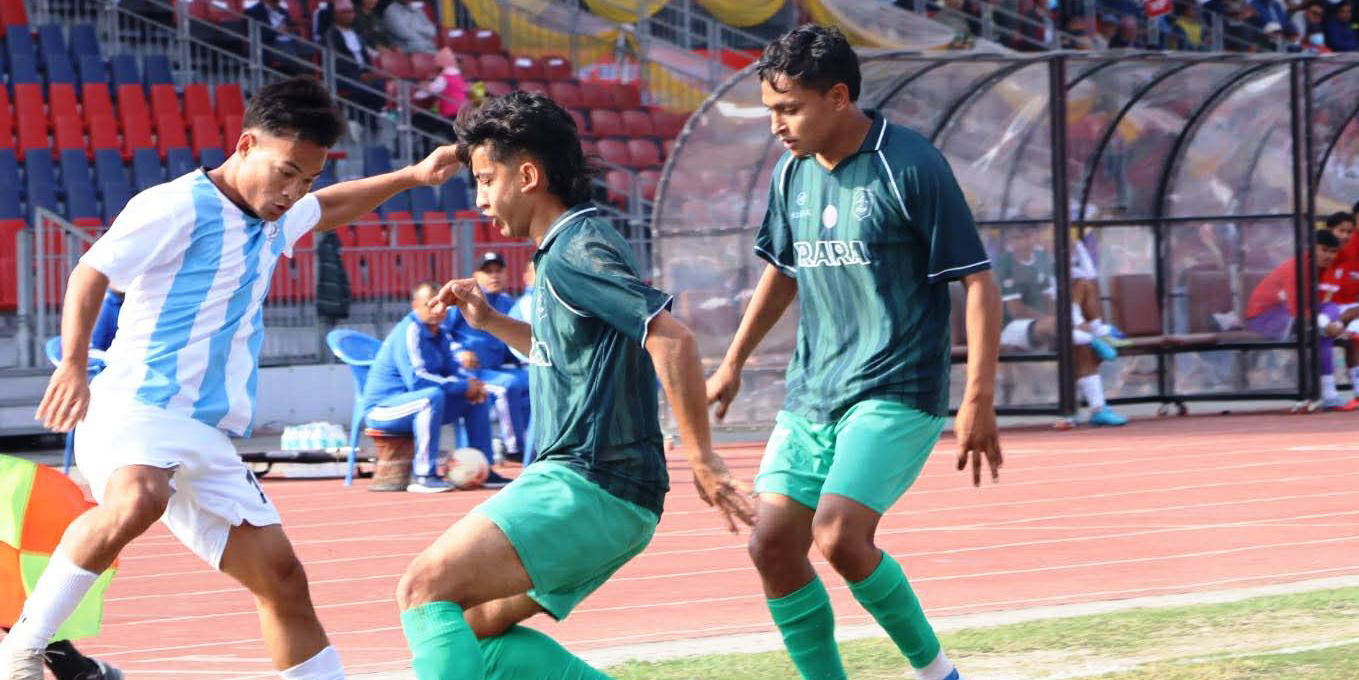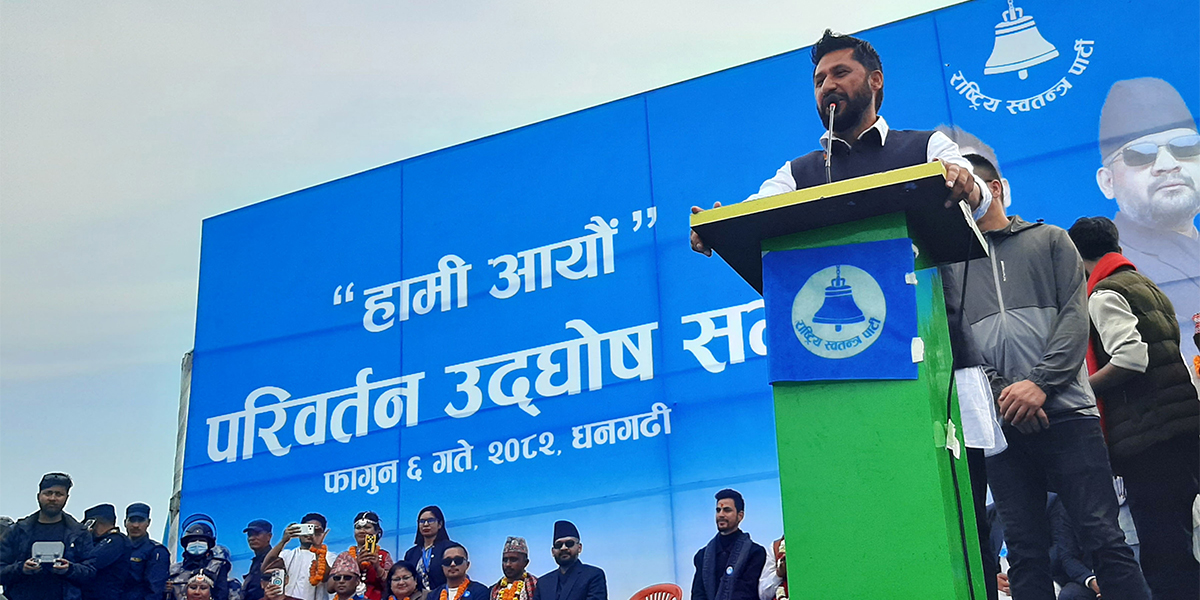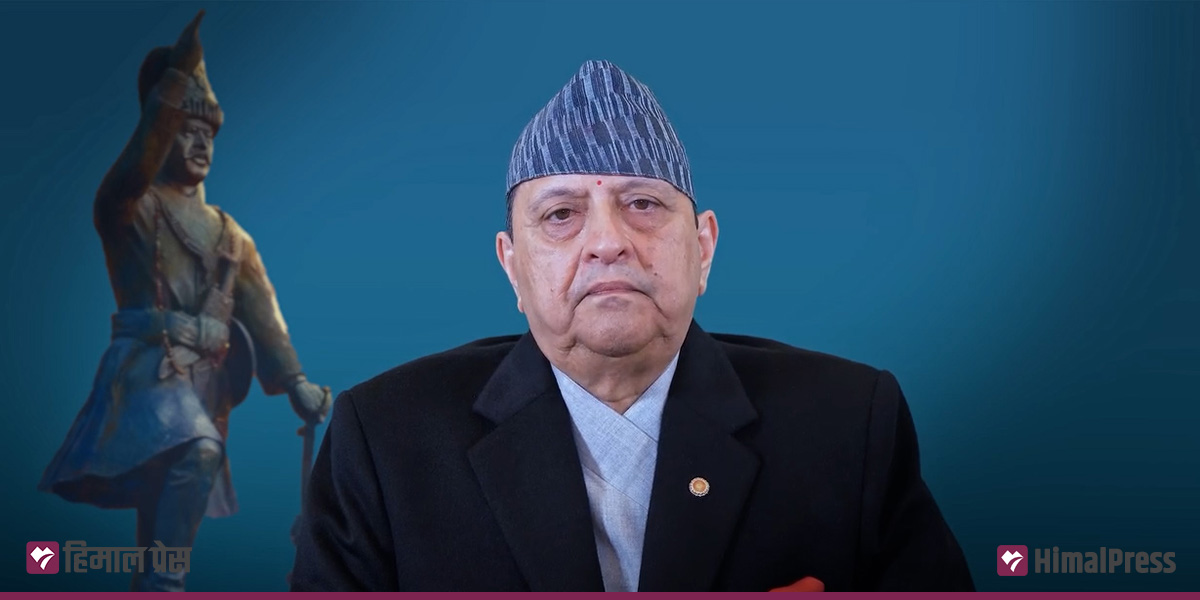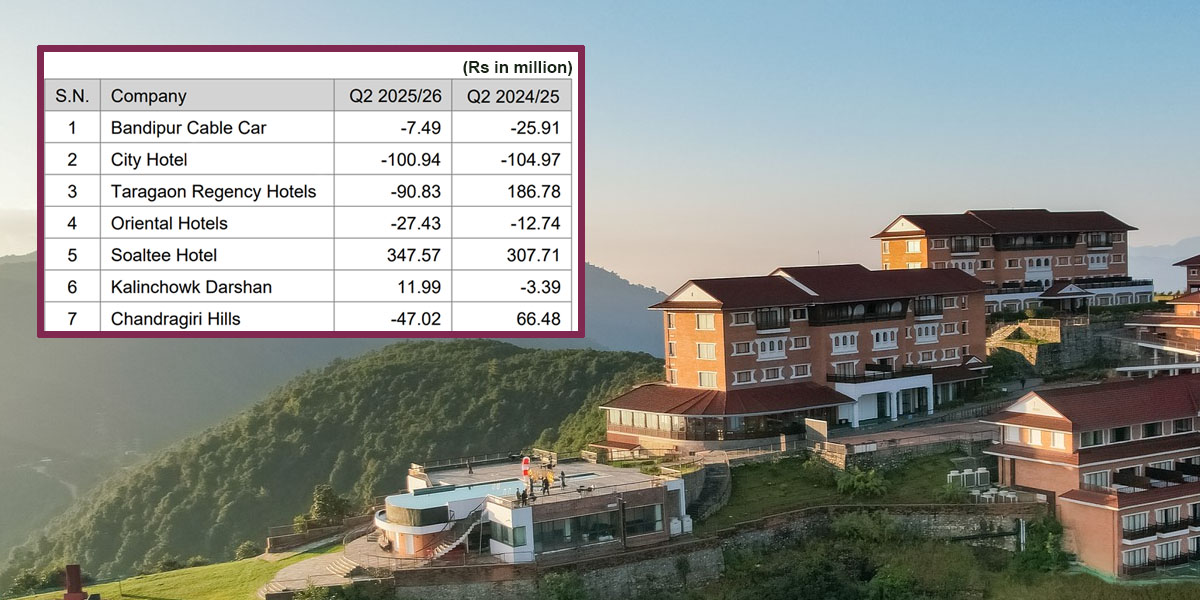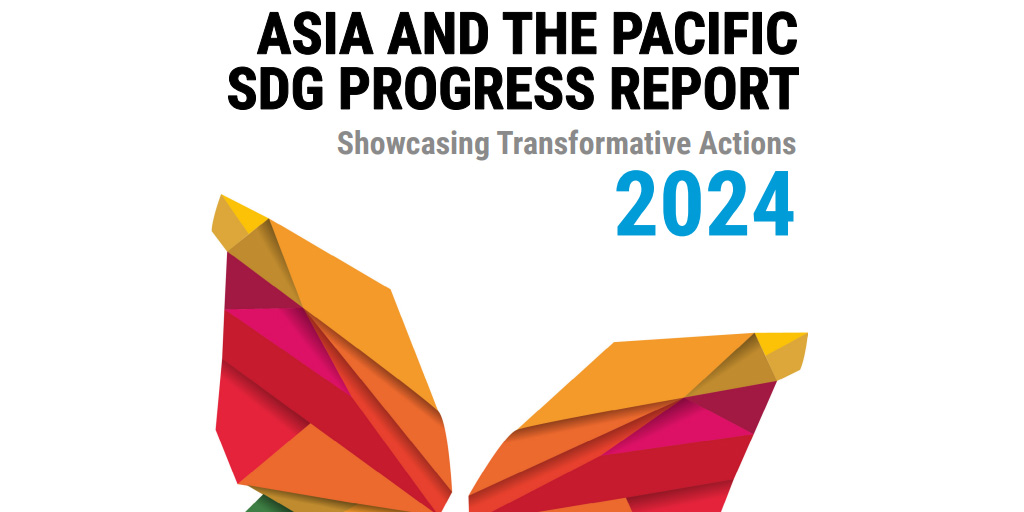
KATHMANDU: The progress on the 17 Sustainable Development Goals (SDGs) remains unequal and insufficient across various demographics and regions in the Asia-Pacific area, the latest report by the Economic and Social Commission for Asia and the Pacific (ESCAP) states.
The report, which was unveiled on Thursday, has highlighted how factors such as gender and location continue to be pivotal in determining levels of poverty and inequality within the region. United Nations Under-Secretary-General and Executive Secretary of ESCAP, Armida Salsiah Alisjahbana, emphasized the urgency of addressing these disparities, particularly affecting marginalized groups such as women, girls, rural populations, and the urban poor.
Despite overall advancements in school enrollment rates, the report states that women and girls still encounter significant barriers to education and employment opportunities. Conversely, men face challenges related to health and personal safety, evidenced by higher rates of suicide, chronic diseases, and road traffic deaths, it added.
According to the report, rural communities are suffering from limited access to basic amenities like clean drinking water and sanitation facilities, exacerbating health issues, particularly respiratory diseases due to the lack of clean cooking fuels. Although urban areas generally exhibit better conditions, the poorest segments within these regions, especially boys and girls, face obstacles in completing secondary education, it stated.
The report predicts a significant delay in achieving all 17 SDGs, with the region not expected to meet these targets until 2062. While progress has been made in poverty eradication and sustainable infrastructure, other critical areas like hunger alleviation, healthcare improvement, and ensuring clean water and sanitation require greater attention, it added.

 Himal Press
Himal Press 